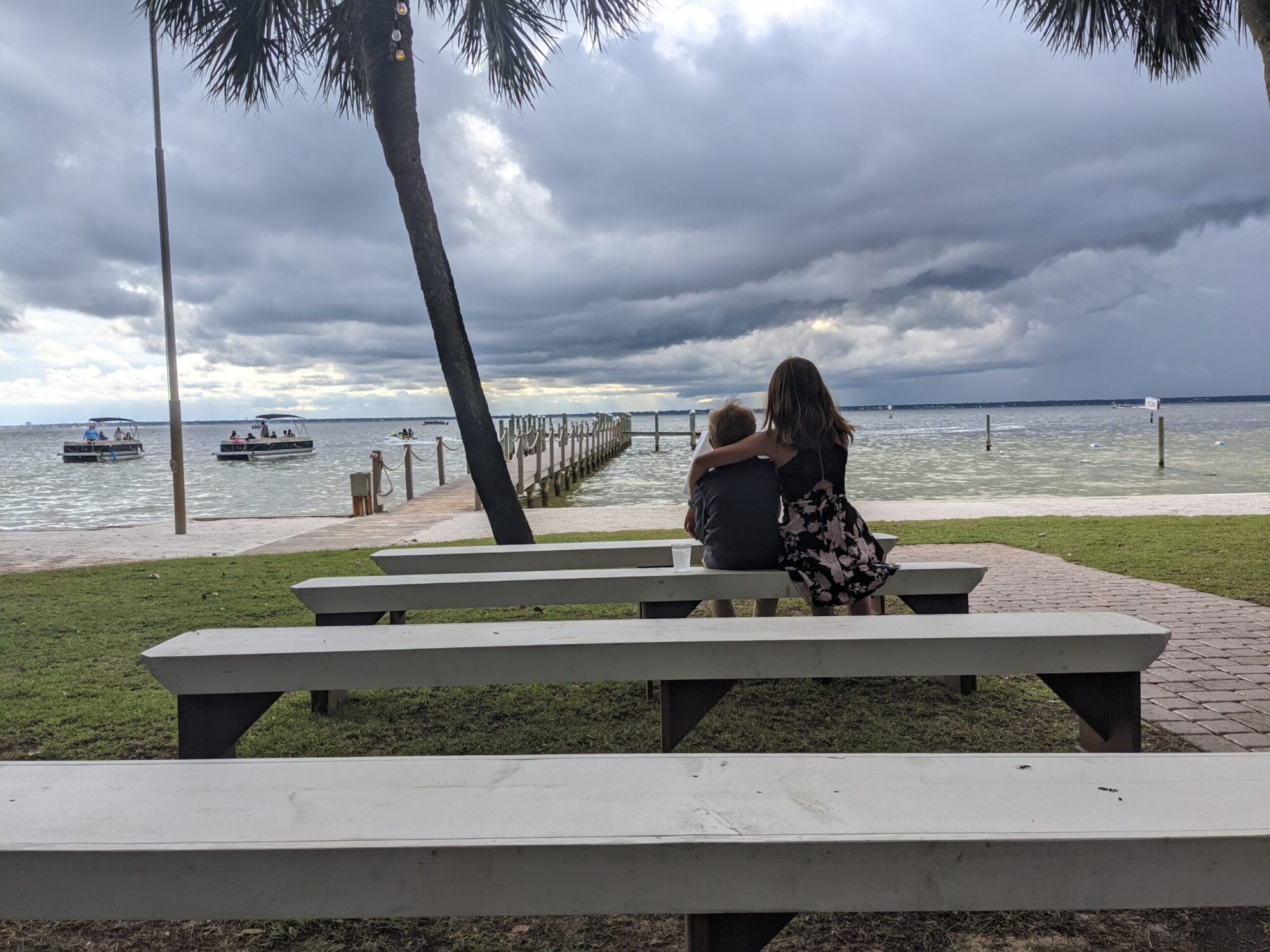I should note that Brooke doesn’t agree with various aspects of this post. My opinion and mine alone!
Brooke and I have had more than a few conversations about the “birth control mandate” controversy from the last few weeks, where the Obama Administration required under the Affordable Health Care Law that all employers, including Catholic Hospitals and Universities, are required to provide birth control as part of their health care coverage to employees. Various Catholic organizations, and others, protested this requirement, so the Administration compromised in allowing these organizations to avoid paying for the coverage as part of their contracts with health insurance companies, however, the insurance companies themselves would need to provide the coverage to the employees of these organizations.
While some felt this compromise was an example of the Administration deftly maneuvering around a touchy issue in an election year, others felt it still went against the rights of the employer to deny coverage they deem to be immoral.
It was this “immorality” part that yesterday’s On Point Radio show on NPR took on, interviewing a Pro-Life representative, a Pro-Choice representative, and a Bioethicist about the issue, from a moral, non-religious standpoint.
One of the callers caught my attention as making my point better than I could ever hope to make it. Sadly, there’s no transcript, so I can’t put it on here verbatim, but it transpired late in the podcast. An employer called in with a hypothetical situation, based on one of his employees’ experiences. He was quick to point out this was a “Devil’s Advocate” kind of position, but it illustrates what concerned him about legislation currently moving through the House and Senate that would allow employers to “get around” what the Obama Administration had put in place and deny coverage under a “conscience amendment.”
Suppose that an employee is under their employer’s insurance. That employee finds out that they are pregnant, and further finds out that they are having a child with Down’s Syndrome. The employee decides to go ahead with the pregnancy and delivers the baby. As this actually happened, the employer (the caller) had access to the bill, or at least, what the insurance company ended up paying: right around $300,000.
So, on a moral ground, the employer could say “You know, I think it’s immoral to make other people in this company’s insurance network fork over the $300,000 to pay for this hospital visit. It’s okay if you, the employee, want to give birth, but it’s immoral for that cost to get shifted over to the insurance company. You, the employee, should have to pay that $300,000. That’s your right to pay for it, but it isn’t your right to make your insurer pay for it. On moral grounds, I don’t think you should have had the baby.”
Again, this particular employer wasn’t advocating this position, but it’s illustrative of what a law like this would allow: employers could deny any coverage they thought was immoral. That means a company run by Jehovah’s Witnesses could disallow blood transfusions to its employees. That means a bigoted employer could deny AIDS treatments because you’re a homosexual. That means an employer (or insurance company), like in the hypothetical above, could say an abortion was more moral than the delivery of a disabled child. And that means a Catholic organization could deny birth control to women with ovarian cysts, likely dooming them to infertility.
That’s why this mandate exists and that’s why it’s necessary: not to force companies to do something, but to ensure that the morals and/or religious ideology of companies and employers aren’t foisted upon you, the employee. It’s freedom of religion and freedom from religion. Even Protestants recognize that favoring one religious community will affect another.
People, as a group, have a right to health services. It isn’t up to the employer which services you are allowed to get: it’s between you and your doctor.
Let’s keep it that way.






